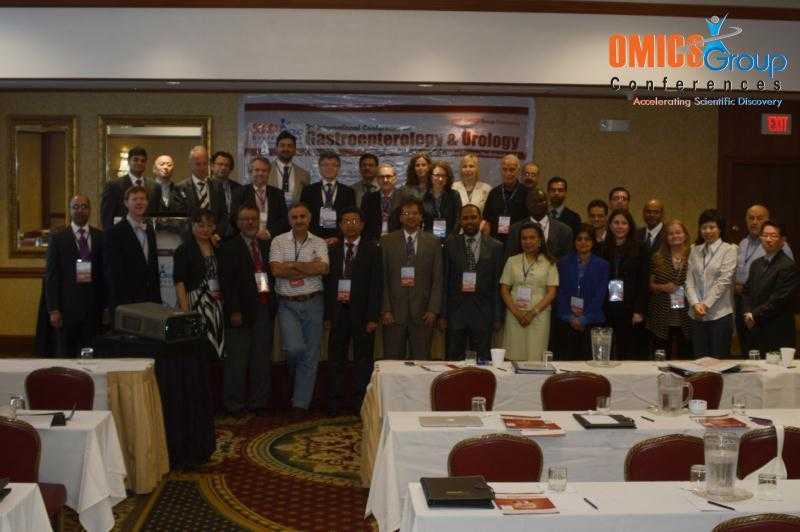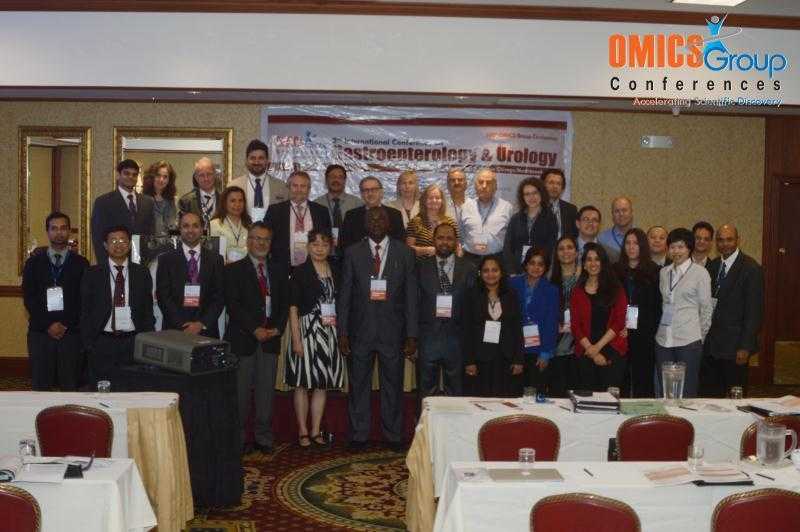
Chia-Wen Tsai
China Medical University, Taiwan
Title: The role of APEX1/Ref-1 (apurinic/apyrimidic endonuclease DNA-repair gene) in renal cell carcinoma
Biography
Dr. Chia-Wen Tsai has graduated from Graduate Institute of Basic Medical Science from China Medical University, Taichung, Taiwan. She has published more than 40 papers in SCI journals, and listed as first author in half of them.
Abstract
The altered DNA repair capacity plays a key role in genomic stability and renal cancer susceptibility. We aim at evaluation the contribution of the polymorphic variant in apurinic/apyriminidic endonuclease (APEX1) gene to its mRNA level and risk of renal cell carcinoma (RCC). In the hospital-based case-control study, 92 RCC patients and 580 cancer-free controls frequency matched by age and sex were recruited. Genotyping were performed for APEX1 Asp148Glu (rs1130409) by restriction fragment length polymorphism PCR. At the same time, thirty renal tissue samples with different genotypes were tested to estimate the APEX1 mRNA expression by real-time quantitative reverse transcription method. Compared with the wild-type TT genotype, the TG and GG genotypes of APEX1 Asp148Glu had a risk of RCC of 0.84- and 1.16-fold. We have also examined the in vivo transcriptional (RNA) and translational (protein) levels with renal tissues of various APEX1 Asp148Glu genotypes, revealing that the APEX1 mRNA and protein were of similar levels among people of TT, TG, or GG genotypes. There was no joint gene-environment effect of APEX1 Asp148Glu genotype and smoking habit on RCC risk. The evidence suggested that the APEX1 Asp148Glu genotype correlates well with its mRNA and protein expression among RCC patients. The genotype of APEX1 Asp148Glu may not be a sensitive marker for prediction of RCC risk in Taiwan.


